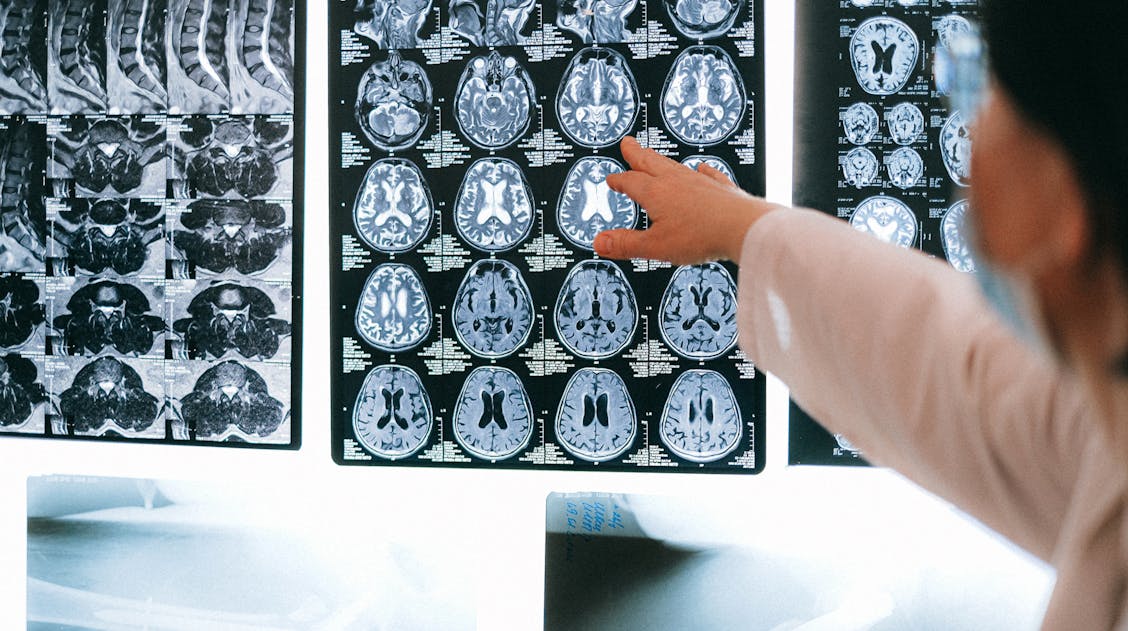
The Effects of Parkinsons Disease Treatment on Decision Making
The World Health Organisation (WHO) defines Parkinson’s disease (PD) as:”
“A brain condition that causes problems with movement, mental health, sleep, pain, and other health issues.”
According to the WHO, the prevalence of PD has doubled in the past 25 years. There is currently no cure; however, surgeries, medications, and rehabilitation are available to help treat the symptoms.
However, these medications have reported a range of side effects. Researchers and medical professionals do not fully understand one of these side effects: impaired decision-making. Researchers from Fujita Health University in Japan recently published a study in the Open Access journal International Journal of Molecular Sciences (IJMS) investigating how the PD drug pramipexole (PPX) affects decision-making in mice. In this article, we explore their research and the implications of this study for the future development of treatment for Parkinson’s patients.
Dopamine and Parkinson’s disease
Parkinson’s disease (PD) is a neurodegenerative disorder caused by the loss of dopaminergic neurons in the substantia nigra, a region of the brain responsible for dopamine production. Dopaminergic neurons synthesise dopamine, a neurotransmitter that has a wide variety of functions in the human body.
Dopamine predominantly regulates movement and the reward system; it affects how humans experience pleasure. It’s also essential in modulating behaviour, motor function, mood, motivation, sleep, attention, memory, and learning. Dopamine works alongside other neurotransmitters to help coordinate nerve and muscle cells associated with movement.
The loss of dopaminergic neurons seen in PD disrupts this delicate balance and the coordination of these cells, resulting in slowed movement and reduced mobility. This gradually gets worse over time, along with other symptoms such as loss of balance and tremors. The causes of PD are not fully understood. But it’s thought that family history increases the risk of developing the disease. Moreover, it’s suggested that exposure to air pollution and some pesticides and solvents may also increase the risk of development.
Current medications for Parkinson’s disease
Pramipexole (PPX) is a dopamine agonist commonly used to treat the motor symptoms of PD. It can be used alone or in conjunction with other medications to combat the symptoms of PD.
Dopamine agonists such as PPX bind to dopamine receptors in the brain. This activates the receptors, mimicking the normal activity of dopamine. Activating dopamine receptors tricks the brain into believing that it has sufficient dopamine levels, relieving motor and mobility symptoms. However, dopamine agonists have been reported to cause a range of side effects, including excessive daytime sleepiness or sudden sleep attacks, confusion or visual hallucinations, low blood pressure or light-headedness, leg swelling and discolouration, dyskinesia, and impaired decision-making.
Impaired decision-making has been reported to encourage compulsive behaviours such as compulsive shopping, binge eating, and pathological gambling, which can put patients in dangerous situations.
Decision-making is largely controlled by the basal ganglia (BG), located deep in the centre of the brain. Furthermore, the globus pallidus externa (GPe), in the centre of the BG, is also associated with decision-making as it acts as a central hub for processing motor and non-motor information. Additionally, the GPe is connected to the corticothalamic-basal ganglia circuitry. This circuit mediates a wide range of behaviours, including movement execution, habit formation, and reward.
Researchers do not fully understand the cause of impaired decision-making. In the study published in IJMS, the researchers use mice to investigate the origins of this side effect. As well as to gain a deeper understanding of how these medications may affect the BG, GPe, and the corticothalamic-basal ganglia circuitry.
“Investigating how Parkinson’s disease medications affect decision-making will help the public to better understand the complexity of the disease and its treatment. This will benefit patients, their families, and carers and motivate them to consider early care and preventive strategies.” – Dr. Kubota, author of study.
Using mice to investigate impaired decision-making associated with Parkinson’s medication
The researchers exposed the mice’s brains to 6-hydroxydopamine (6-OHDA), a neurotoxin known to selectively damage neurons in a manner similar to Parkinson’s disease. Following this, the researchers treated the mice with PPX and introduced them to a high-risk/high-reward touchscreen-based Iowa gambling task (IGT).
Researchers can assess impaired decision-making using high-risk/high-reward risk-taking tasks. They believe that pathological gambling reflects an impairment in decision-making. The IGT is a behavioural assay that mimics real-life situations by reproducing uncertain conditions based on probabilistic rewards or penalties. Those with impaired decision-making favour high-risk/high-reward options while disregarding options with smaller gains and smaller penalties. The tendency towards high-risk/high-reward options has been seen in PD patients undergoing pharmacotherapy. In the study, the mice also favoured the high-risk/high-reward option. This resulted in a reward of a strawberry milkshake or a penalty of exposure to flashing lights.
PPX treatment effect on the Globus Pallidus Externa
The researchers also identified that PPX treatment causes the hyperactivation of the GPe, resulting in impaired decision-making. Additionally, they also highlight the importance of the corticothalamic-basal ganglia circuitry in decision-making.
The researchers conclude that these results identify a candidate mechanism and therapeutic target for impaired decision-making seen in some patients treated with dopamine agonists such as PPX.
“Our findings could lead to the development of new medications or interventions that specifically target the external globus pallidus. This would help to prevent or reduce decision-making impairments in Parkinson’s disease patients.” Dr. Kubota, author of the study.
If you would like to read more or submit research in this area, please see the IJMS Special Issue: Neurodegenerative Diseases: Molecular Mechanisms and Therapies, 2nd Edition for more information.










